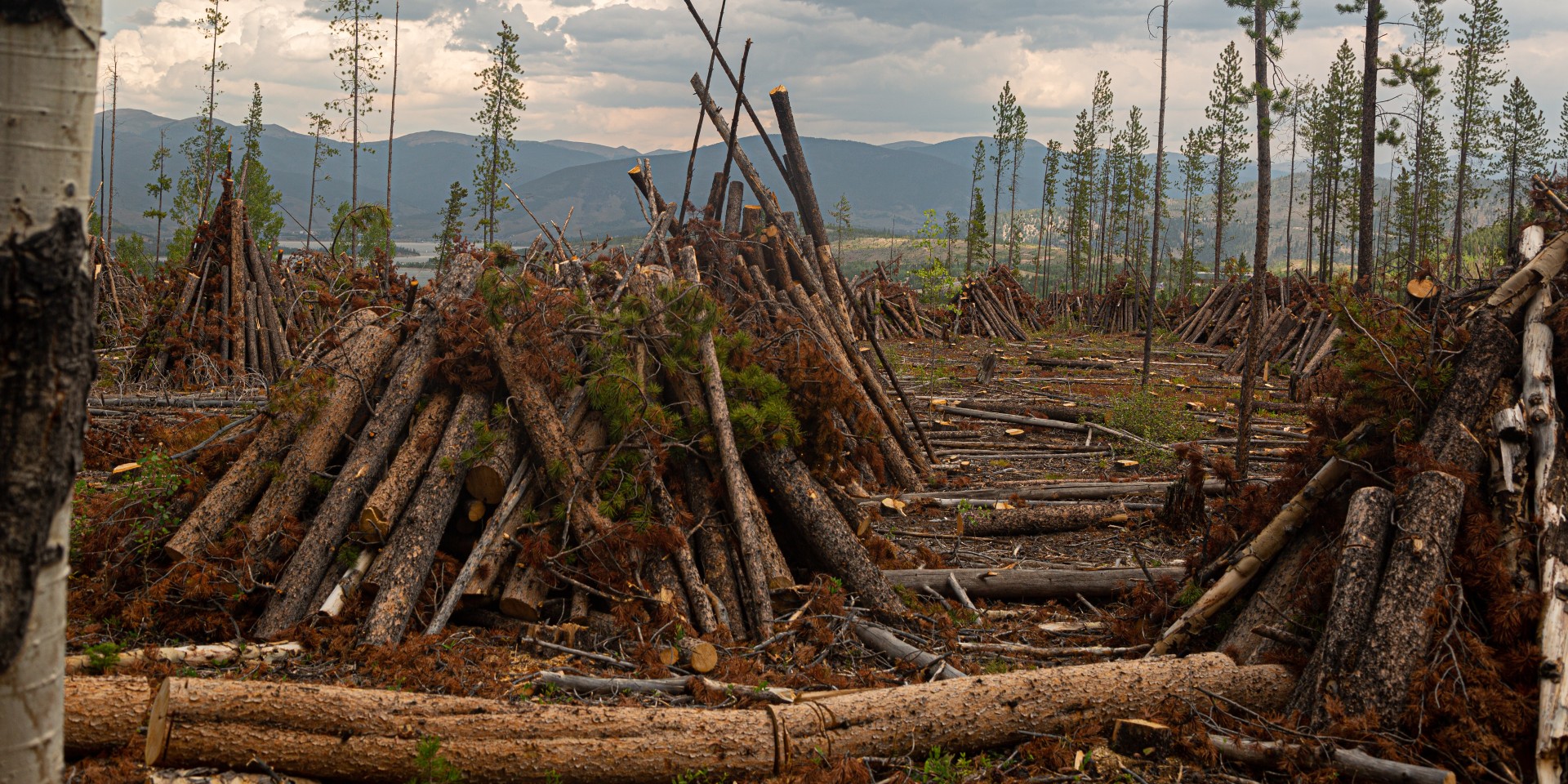Twenty-two global leading experts held an urgent virtual workshop, convened by the Intergovernmental Science-Policy Platform on Biodiversity and Ecosystem Services (IPBES), about the connection between the degradation of nature and increasing pandemic risks.
The resulting report (which you can read here) states that future pandemics will become more frequent, spread more rapidly, do more damage to the world economy, and kill more people than COVID-19. In order to prevent that, we must reduce human activities that drive the loss of biodiversity by greater conservation of protected areas, and reduce exploitation of high biodiversity regions, warns a major new report on biodiversity and pandemics.
The majority (70%) of emerging diseases are caused by microbes of animal origin. These microbes “spill over” due to contact among wildlife, livestock, and people.
Dr. Peter Daszak, a zoologist, president of EcoHealth Alliance, and chair of the IPBES workshop, said:
There is no great mystery about the cause of the COVID-19 pandemic — or of any modern pandemic.
The same human activities that drive climate change and biodiversity loss also drive pandemic risk through their impacts on our environment. Changes in the way we use land; the expansion and intensification of agriculture; and unsustainable trade, production, and consumption disrupt nature and increase contact between wildlife, livestock, pathogens, and people. This is the path to pandemics.
The fact that human activity has been able to so fundamentally change our natural environment need not always be a negative outcome. It also provides convincing proof of our power to drive the change needed to reduce the risk of future pandemics — while simultaneously benefiting conservation and reducing climate change.
In other words, we’ve got to stop doing things that result in biodiversity loss, such as deforestation and wildlife trade, or we’re going to continue to pay the price. That means conserve protected areas and create more — so allowing logging on the Tongass in Alaska, the largest national US park, as the Trump administration just approved — isn’t such a good idea, for example.
Photo: Sebastian Kurpiel/Unsplash
FTC: We use income earning auto affiliate links. More.
Subscribe to Electrek on YouTube for exclusive videos and subscribe to the podcast.
